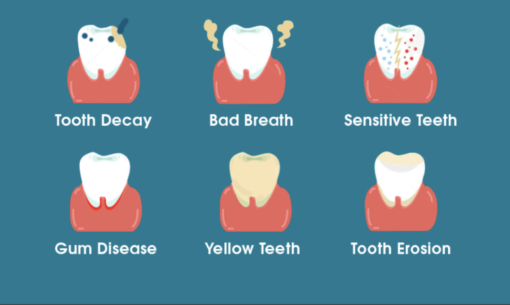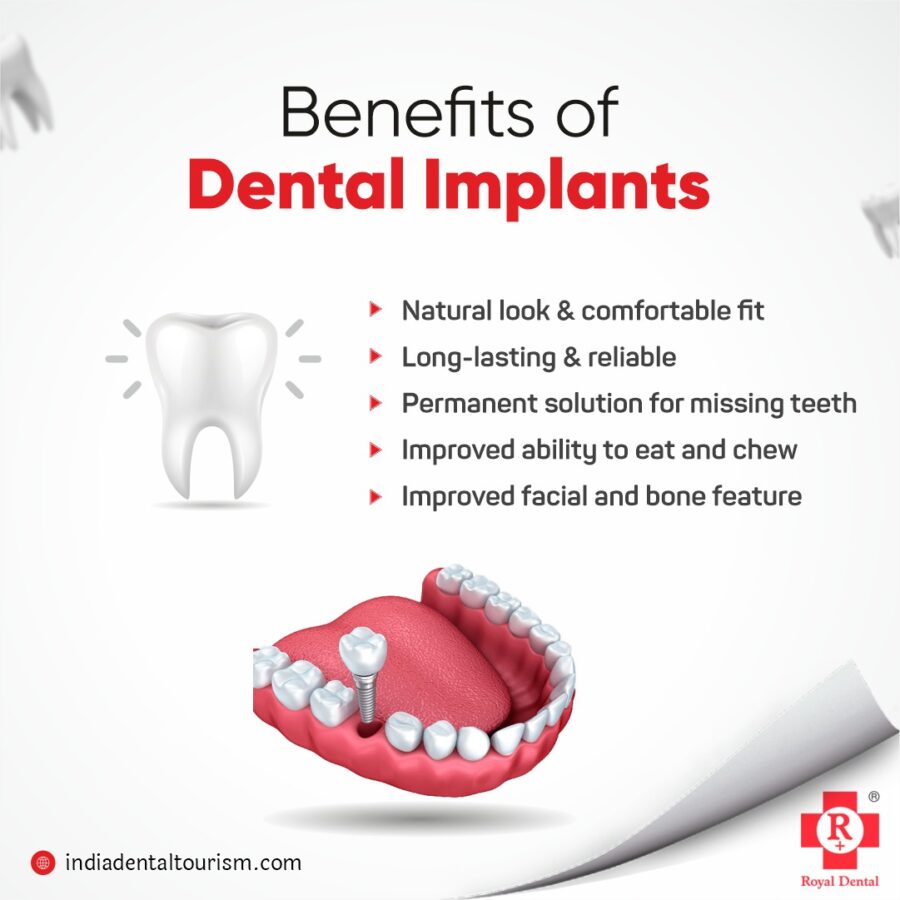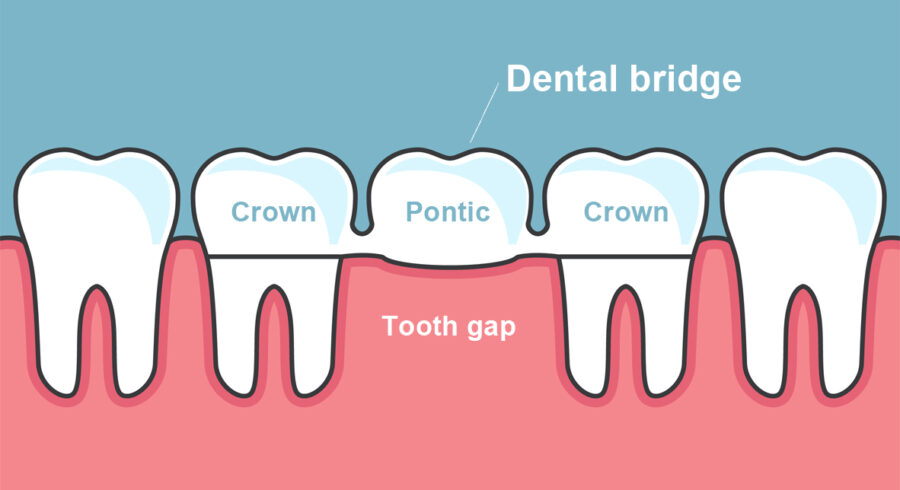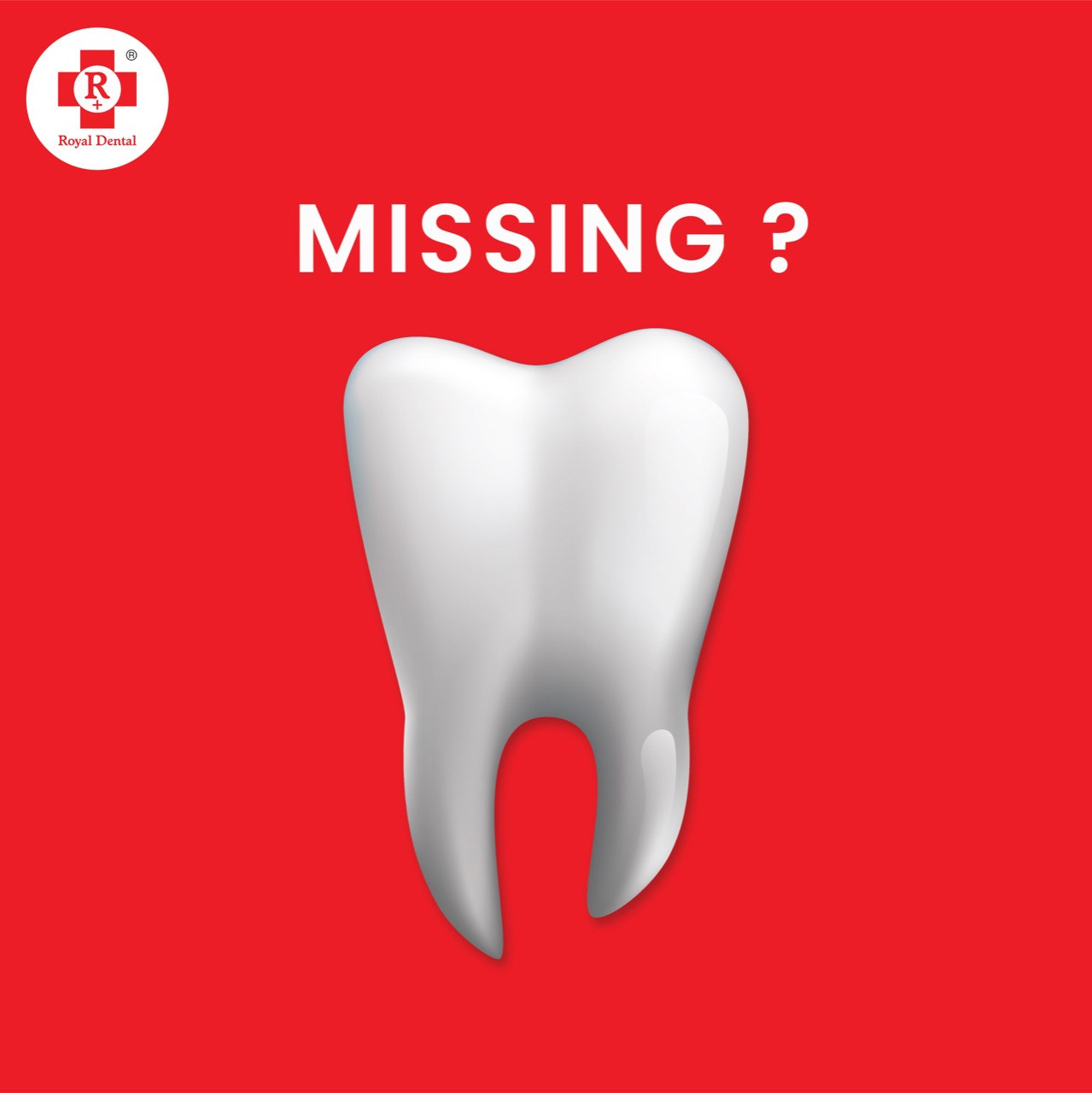Replacing a missing tooth is an important decision for your oral health. Whether you’re missing a single tooth or multiple teeth, the options for replacing them can be overwhelming. Dental implants, bridges and dentures are three common solutions for people who are missing teeth. Each option has its advantages and disadvantages, but all three offer a natural-looking, permanent solution. With the help of an experienced dentist, you can choose the best option for your individual needs. Learn more about the choices for replacing a missing tooth, and find out which one is right for you.
What are the options for replacing a missing tooth?
Dental implants, bridges and dentures are the three most common options for replacing a missing tooth. Implants are the best solution if you can find the appropriate spot for them in your mouth. A bridge will be best if you have several adjacent teeth missing, and a denture is best if you have multiple, missing teeth in the upper or lower jaw. Factors like your overall health, the surrounding structures in your mouth and the number of teeth you’re missing will affect your dentist’s recommendation.
Your dentist will consider your oral health and overall health, your ability to heal from surgery, and your ability to get regular dental cleanings to keep your gums healthy. They will also consider how many teeth you’re missing and the health of the surrounding teeth and gums. If you have several teeth missing in one area of your mouth, they might recommend a bridge. Bridges are attached to healthy teeth, and the adjoining teeth will be the roots of the new teeth.
Dental implants for Missing Tooth
Dental implants are metal posts that are surgically placed in the jawbone. Once the jawbone grows around the posts and fuses to them, they are almost as sturdy as natural teeth. Implants are a good choice if you want a sturdy, permanent solution. Implants are a common treatment option for people who have lost a tooth due to tooth decay or gum disease. Because implants are a long-term solution, proper maintenance is crucial. In addition to regular oral hygiene, people with implants will need to visit the dentist for regular checkups.

They have the potential to last a lifetime. However, the success rate depends on your overall health. People who take good care of their teeth and gums are more likely to have successful dental implants. People who currently have periodontal disease or other oral health issues may need to wait until their oral health improves before implants can be successful.
Dental Bridges for Missing Teeth
Bridges are fixed dental appliances that are attached to adjacent teeth. The dentist will make an impression on the adjacent teeth and fabricate a dental bridge. Most bridges are made of a metal alloy that is an excellent conductor of heat and cold. Most bridges are cemented onto adjacent teeth, but some are held in place by small, metal clasps that are attached to the teeth. People who are missing a tooth or teeth in the upper or lower jaw may consider a bridge.
The dentist will remove some bone from the gums surrounding the teeth where the bridge will be attached. The bone will be used to support the bridge’s posts, which will replace the missing tooth. People with multiple teeth missing in the jaw may have a bridge made with several posts to replace those teeth. Bridges will have to be removed for dental examinations and cleanings, but they can be reattached just as easily as they are cemented on.
Dentures for Missing Tooth
Partial dentures are used to replace a few missing teeth in one arch.
Full dentures are used when all teeth are missing.
Full Dentures are removable appliances that are held in place by suction, gravity and friction. They are anchored to the person’s natural teeth. Denture wearers will need to be careful not to bite down too hard on their teeth or they could break or damage the teeth supporting the dentures.

Dental implants can be used to replace any missing teeth, including the teeth in the back of your mouth. People who take good care of their teeth and gums will have an easier time healing from dental implant surgery.
Dentures are best for people who have healthy gums and few remaining teeth. People with gum disease or other oral health issues that may affect healing are better off with another type of dental appliance. Dentures are a long-term solution, but they can be changed out as the wearer’s needs change. New dentures can be made to replace a style that doesn’t fit properly or to add missing teeth.
Advantages and Disadvantages of each option
Dental implants – The biggest advantage of dental implants is that they are a long-term solution. With proper care and maintenance, they can last a lifetime. Implants are an excellent solution for people who have lost a tooth due to tooth decay or gum disease. The implant posts can be placed in the jawbone while the surrounding tissues are treated. This gives the tissues time to heal while the implant posts fuse to the jawbone, creating a stable foundation.
Bridges – The biggest advantage of bridges is that they use healthy teeth as anchor posts. The healthy teeth anchor the bridge and help distribute any pressure from biting. However, this comes at a cost. The teeth that anchor the bridge will experience increased wear and tear.

Bridges can replace missing teeth in the upper and lower jaw. This option is great for people who have several teeth missing in one or both jaws.
Dentures – The biggest advantage to dentures is that they can be made to fit any patient, regardless of their gum and bone structure. People who have few remaining teeth may not be a good candidate for a bridge, but they may still be able to use dentures. Dentures are removable and can be taken out for dental cleanings and examinations.
Factors to consider when choosing a replacement option
There are a few factors to consider when choosing a replacement option for missing teeth. Dental implants are the best option if you have enough bone to support the posts. If you don’t have enough bone, bridges may be a better option. Dental implants are better for people who have healthy gums and oral health. Bridges are better for people who have gum disease or other issues that would make implant surgery more difficult. Dentures are better for people who don’t have enough teeth to anchor a bridge. If you have healthy teeth but only a few teeth missing, you may be able to use a bridge.
f you are missing a single tooth, one dental implant and a crown can replace it. A dental implant replaces both the lost natural tooth and its root.
Conclusion
Replacing a missing tooth is an important decision for your oral health. Dental implants, bridges and dentures are three common solutions for people who are missing teeth. Each option has its advantages and disadvantages, but all three offer a natural-looking, permanent solution. With the help of an experienced dentist, you can choose the best option for your individual needs.






